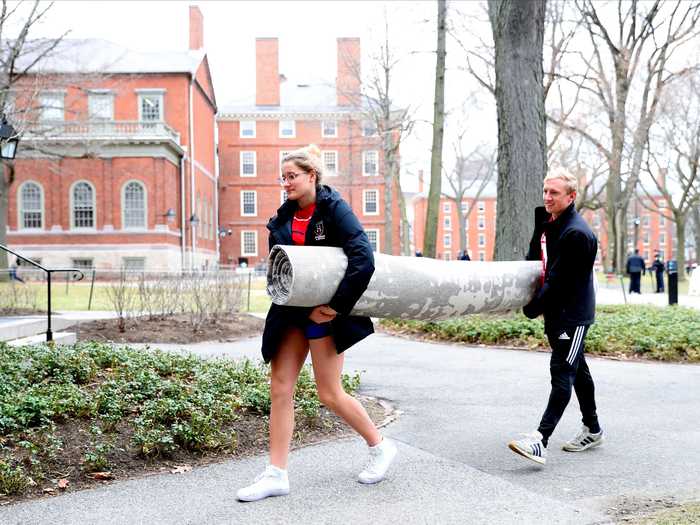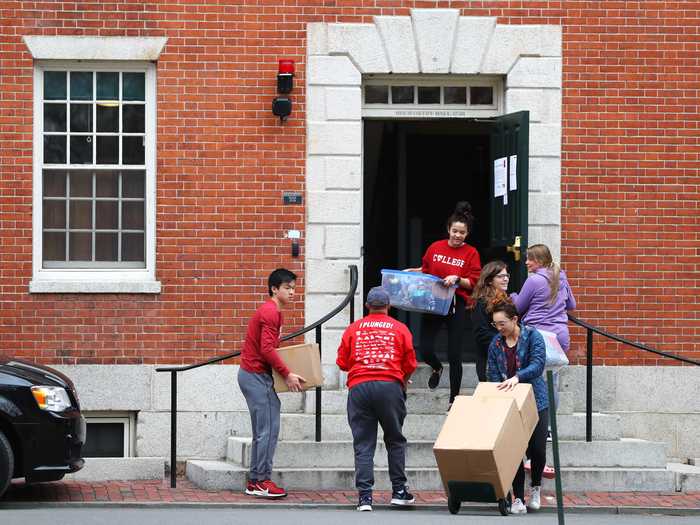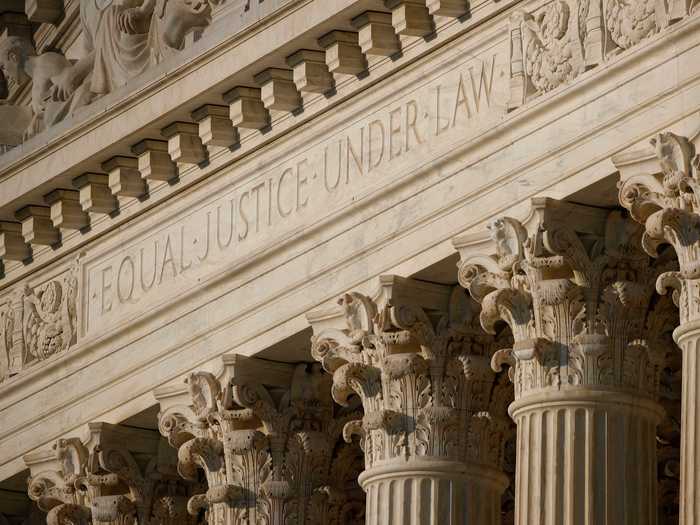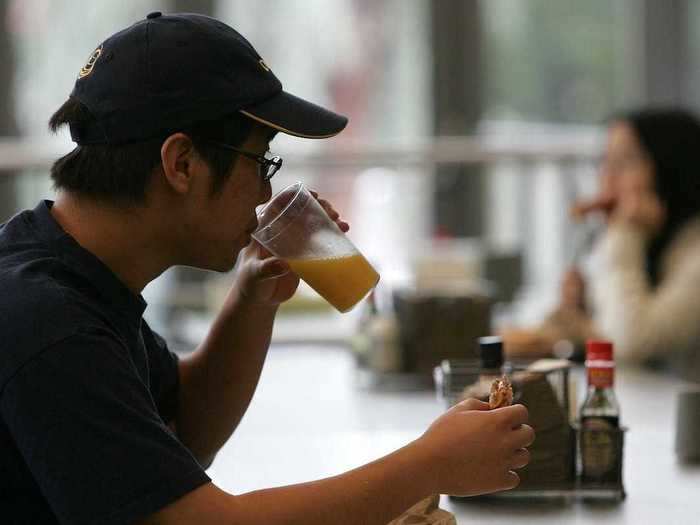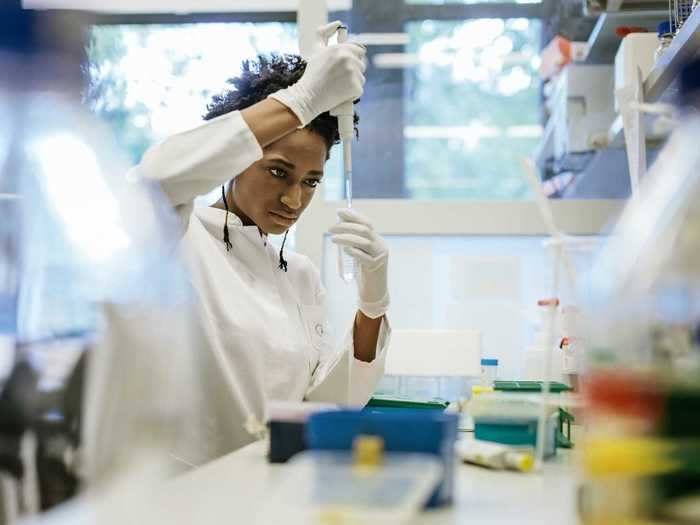Graduating Masters students from the Columbia University Graduate School of Architecture, Planning and Preservation (GSAPP) gather the day before their online graduation ceremony, in Manhattan, New York City, May 15, 2020.Andrew Kelly/Reuters - Colleges are beginning to announce their reopening plans for the fall.
- Many students, parents, and educators have questions about what the upcoming academic year will look like.
- While there are no definitive answers as to what, exactly, will happen, Business Insider spoke to three experts to learn some of the biggest questions — and hear what answers they may have.
Colleges around the country are revealing their reopening plans. And parents, educators, and students have some questions.
In just a few short months, many much-lauded aspects of collegiate life — think packed athletic stadiums, libraries full of students, and individualized in-person instruction — have gone from traditions to contagion hotspots.
And now, after panicked moves to online-only instruction and campus evacuations, the fall looms. And there's one big question that can't quite be answered yet: What does college in the US look like during a pandemic?
In the meantime, Business Insider spoke with three experts — a professor who researches inequity in higher-education, a parent of two college-aged kids who also runs risk management for a community college, and a liability attorney — to learn the biggest questions that parents and educators have (or should have), and to see if they have any answers.
Should students be returning to campus?
Maddie Meyer/Getty Images
Michael Spath is the campus risk manager and an environmental health and safety officer at Borough of Manhattan Community College, a commuter school. He's also the father of twins entering their junior years of college. When it comes to the question of whether it's safe to have students return to campus, he has a pretty definitive answer:
"My answer is no, I don't think it's safe," Spath said.
Both of his daughters are planning on returning to school, but he said he thinks it's "premature" to reopen campuses.
"I think if anything happens, you're going to have to shut the campuses back [down]," he said. As a college administrator, he said he's been beating his head against the wall over the issue (figuratively).
"You think starting a college is hard? You have to try shutting one down."
Natasha Warikoo, a professor of sociology at Tufts University and the author of "The Diversity Bargain: And Other Dilemmas of Race, Admissions, and Meritocracy at Elite Universities," studies inequality in education. She said plans like Harvard's — where all courses will be virtual, but 40% of undergrads will return to campus — acknowledge that, for residential campuses, learning doesn't just take place in the classroom.
She said learning is also "what happens in the dorms as students talk together late at night and make connections and talk about ideas that may have come up in class during the day."
Some might think it's "crazy" for Harvard to have students return for virtual courses, but she said, "I think we're having to really think hard about what do students gain from the residential college experience."
Which students should be returning to campus?
Maddie Meyer/Staff/Getty Images
Harvard will have all of its first-year students living on campus — and other schools are also divvying up who returns to campus by class year. Harvard and peer institutions like Columbia are also prioritizing allowing students who need campus facilities to live on campus.
Warikoo said that while it's heartening that colleges are recognizing the students that require campus facilities, there would ideally be a blend of students on campus.
"I also think it would be problematic if only those students — working class students, students from economically disadvantaged families — if they are the only ones on campus, and it could start to also feel stigmatizing to them," she said.
What are parents' and students' legal rights if a student gets sick on campus?
It's very difficult to prove negligence.
Associated Press
Liability attorney Richard Bell told Business Insider that schools are responsible for the health and safety of their students, and must always follow reasonable standards and conduct to keep them healthy — the only thing that's changed is that standards are a whole lot different during a pandemic.
But there are a few things to keep in mind when it comes to those standards.
"One of the biggest problems is the CDC," Bell said. "It has turned into the most wishy washy, noncommittal CDC of all time, because when they write up their guidance, now they put in terms like 'you should consider, you should recommend when feasible.'"
Bell said standard federal guidelines would likely help make those standards uniform. "But apparently, you know, federal government has abdicated their responsibility anyway for three months," he added.
That means guidelines will come down to states and localities — and those differ widely. If you live in New York, but you're sending your child to school in Florida, schools will be bound by the guidelines set forth in Florida.
And some colleges and universities have been pushing for immunity from lawsuits if they've acted responsibly. But Bell said "it's good to have a fear" of liability. "It's a good incentive to make sure you act reasonably."
Even without that immunity, Bell said bringing forward a lawsuit for negligence is difficult — which is why there hasn't been a flood of them. You have to be able to prove you contracted the coronavirus from a specific instance of the school's negligence, he said.
When asked what are the criteria for a case he would take against a college for negligence, he gave the example of a school knowing an employee had symptoms but still had them work, with that employee causing a large enough outbreak that cases were traced back to them.
"That might be a case," because there would be evidence of negligence, according to Bell.
How can colleges keep surrounding areas safe?
Workers in areas like dining halls are most vulnerable.
Justin Sullivan/Getty Images
Warikoo said many workers on campuses come from local communities — and that they're the most vulnerable populations on campuses.
When it comes to keeping workers safe, Warikoo said colleges "should provide adequate PPP and to the extent possible provide the space to social distance, and to get to and from campus safely."
Bell said workers who work for the college — and receive W2s from them — cannot sue their employers if they get sick. But those who work for a contractor, like a dining or custodial service, could hypothetically sue the schools.
But in this case, too, he said, you will have to prove there was negligence by the university in the way it conducted itself.
For Spath, there's more questions than answers.
"How are we going to deal as a commuter college with contact tracing? Legally, I can make my employees have to do it," Spath said. "In fact, I have to make them do it because if I'm not making sure people are healthy, when they walk in the building, I'm not providing a safe workplace for everyone else. I actually have an obligation to make them do it. I don't have that legal authority when it comes to students."
And students are commuting in from all over the city and area.
"I've got people riding subways. I've got people living in high-density apartments, low to middle-income apartment buildings, and they're coming on my campus on a regular basis."
How will professors need to adapt their teaching?
Should students who typically take in-person laboratory classes come in?
Hinterhaus Productions/Getty Images
Both Warikoo and Spath — who also teaches chemistry — also said they've been thinking about how their teaching will have to change. For Warikoo, it comes down to a few questions.
"What is essential to classroom learning?" she said. "When I started thinking about, 'Okay, am I going to teach in person or online?' When I really got down to, okay, being in person, masks on, six feet apart, am I going to be able to, you know, meet my educational goals or my pedagogical goals in that format?
"And it's unclear, right? Because I do a lot of group discussion and my teaching is very interactive, which makes it a lot harder. So I think we're really being forced to figure out 'Okay, what are my goals in my classroom? What are our goals as a university and how can we best meet those during this pandemic?' I think those are the two big questions for me."
And Spath, whose classes typically involve in-person laboratory work, said he's been debating the morals of making students in those fields come in while other majors stay home.
"As an educator, what do I do? I teach chemistry. You know, my students are supposed to be in a lab. Do we make them take lab?"
Should schools still be charging full tuition?
Flickr/tkmckenzie
There are a few more considerations here.
"I think for me the important thing is, are they providing financial aid to students who need it?" Warikoo said. "We know that there's going to be increased financial needs because of the economic crisis that we're in now. That's to me the most essential thing — to make sure that students are not leaving or dropping out because they can't pay."
Spath said that, as a parent of college students, he thinks the more important question parents should be asking is how is the school keeping students safe: "I don't care about paying full tuition, take the money. I want my daughter to be safe."
And, when it comes to finances, he said that even commuter schools like his aren't saving money with a shutdown.
"As someone who's had to figure out the cost and teach a class online, it's just as expensive to operate a college shut down and remotely as it is in person."
People still need to get paid, and buildings still need to be maintained, he said.
"It amazed me when we sat down and figured out how much money we're saving on this quote unquote 'shutdown' mode. And I was sitting there honestly with my jaw agog as to how little we're saving," Spath said. "It's virtually nothing, especially in the summer, because if you have anyone inside that building, you've got to run the air conditioning."

